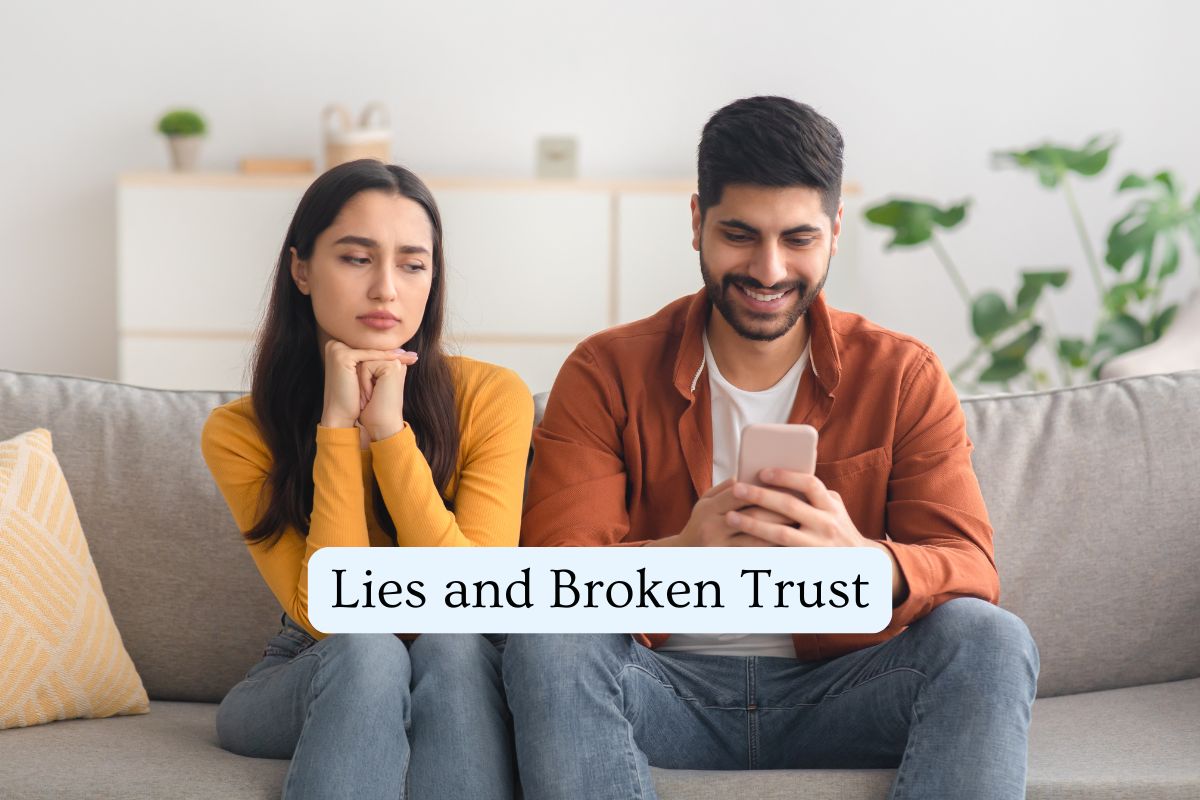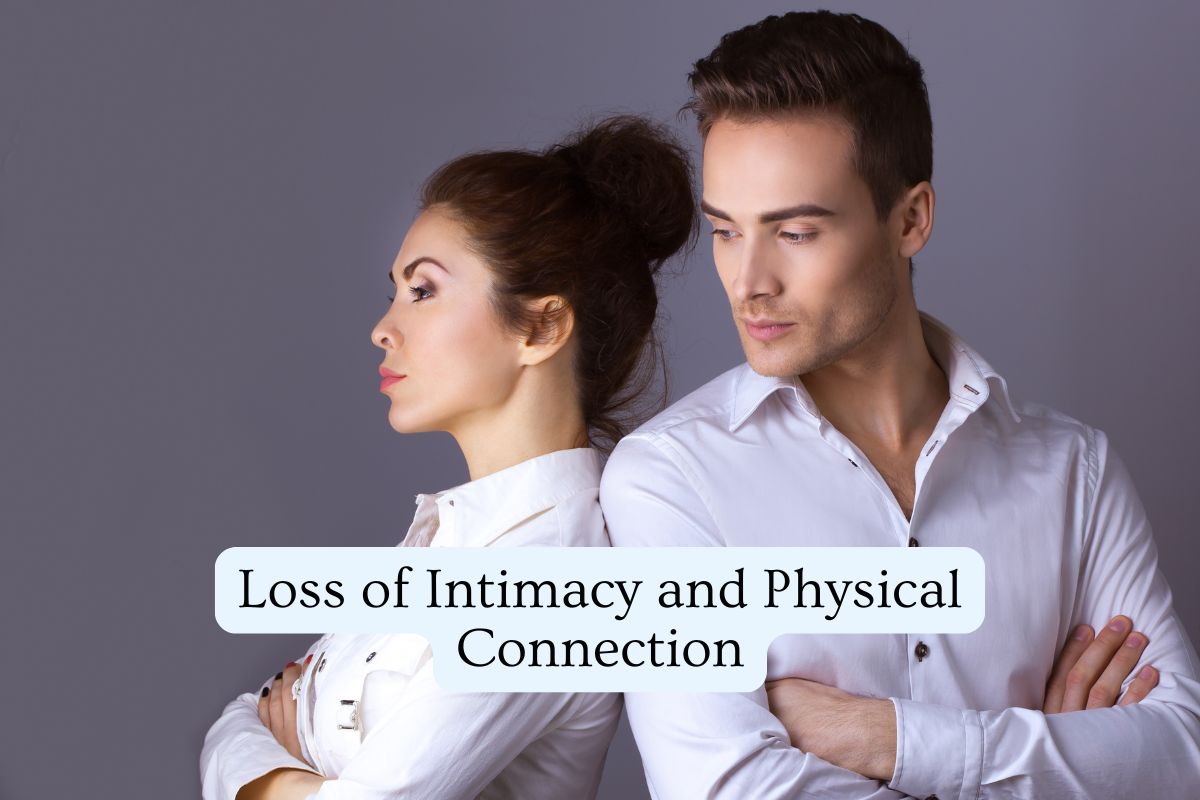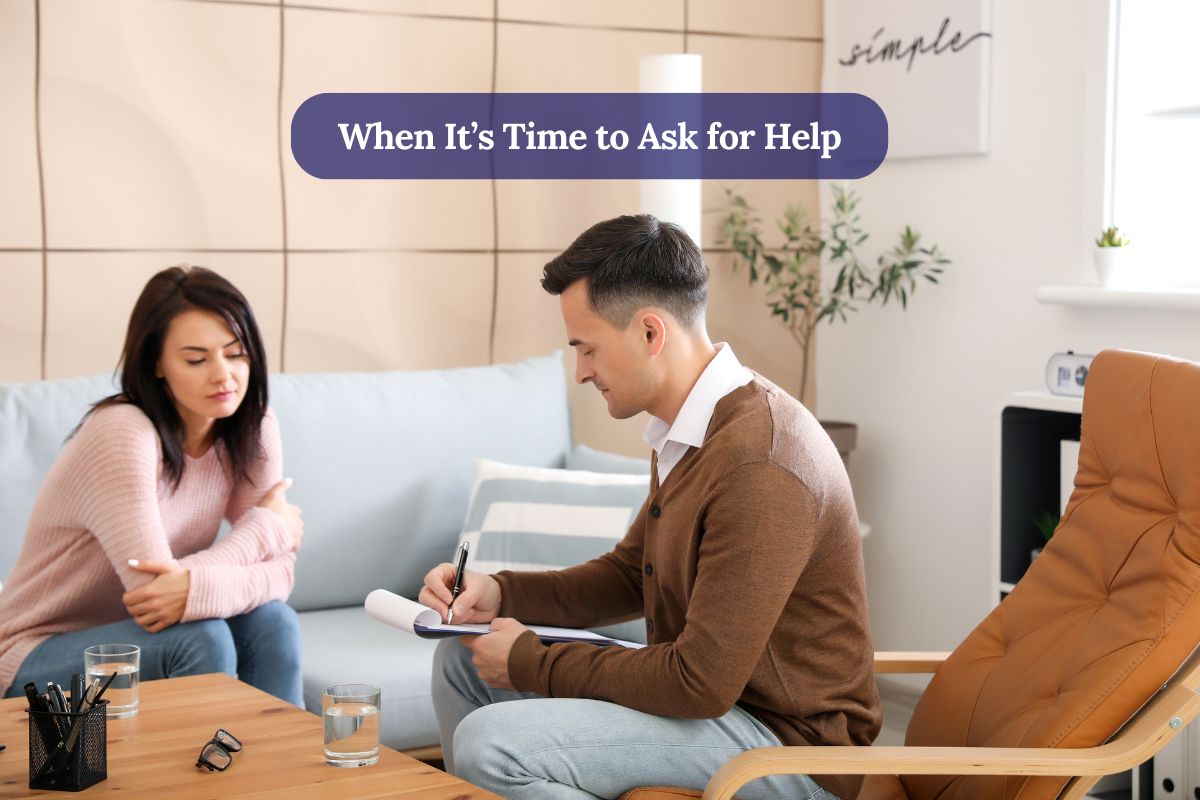You might not see it right away. Maybe your partner drinks a bit more than before, or spends long hours on their phone, gambling, or watching adult content. At first, it feels like a habit , something harmless. But slowly, you notice the change. Conversations fade. Touch feels distant. You live together, but the connection doesn’t feel the same.
Addiction in marriage doesn’t always show up as fights or shouting. Sometimes it hides behind excuses , “I’m just tired,” “I’ll stop soon,” “You’re overreacting.” What used to be love and partnership starts turning into confusion and mistrust.
According to the American Association for Marriage and Family Therapy (AAMFT), nearly 1 in 5 marriages face serious conflict because of substance abuse or behavioural addiction. And couples affected by addiction are four times more likely to experience emotional disconnection and breakdown of trust. Whether it’s alcohol, drugs, porn, or even online gaming, addiction slowly replaces attention, affection, and honesty.
If you’ve been asking yourself, “Is addiction ruining my marriage?”, you’re not alone. Many couples reach this point without realising how deeply addiction has affected their bond.
Here Are 6 Signs Addiction Is Damaging Your Marriage
In this article, we’ll look at the six clear signs addiction is damaging your marriage, what they mean, and how the right addiction counselling and marriage therapy can help you rebuild what’s been lost, one honest step at a time.
1. Emotional Distance and Disconnection
You could be sharing the same space and yet still feel entirely isolated. That’s precisely what addiction does: it quietly constructs walls between two once inseparable people. Your partner might be physically present; however, their mind seems to be elsewhere. They are preoccupied, emotionally distant and the once warm small interactions now seem to be devoid of feelings.
Addiction does not only cause change in behaviour; it also brings about a change in the nature of the connection. The National Institute on Drug Abuse states that addiction has an impact on emotional bonding andthe brain’s responding ability, which is why love turns out to be feeling one-sided.
However, this distance need not become permanent. With the help of addiction counselling or couples therapy, the majority of the couples are able to learn the art of finding their way back to emotional intimacy and through trust rebuild slowly, one conversation at a time.
2. Lies and Broken Trust

When addiction takes hold, honesty is often the first thing to go. You start noticing small lies , about how much they drank, how much money was spent, or where they were. At first, you might believe them, or want to. But over time, those small lies pile up, and trust starts to crack.
Addiction feeds on secrecy. Your partner may lie not because they don’t love you, but because they’re ashamed or scared of your reaction. Still, the result feels the same; you stop believing their words, and they stop feeling safe to tell the truth. According to the Substance Abuse and Mental Health Services Administration (SAMHSA), nearly 40% of relationships affected by addiction report serious trust issues as a major reason for emotional breakdown.
When trust breaks, love feels unstable. You begin to question everything, their messages, their late nights, even their promises.
Marriage counselling and addiction recovery therapy can help both partners rebuild honesty and communication, one truth at a time.
3. Constant Arguments and Blame
Once addiction has infiltrated a relationship, tranquility is gradually lost. You find yourself fighting over trivial matters like being late, ignoring calls, and unaccounted money. But inside you, you are aware that the fights are not about these things at all. They are about the pain, fear, and being left out.
Addiction alters both partners’ appearance. The addict often gets defensive or goes silent, while the other feels they are tiptoeing around. You try to lend a hand, they resist, and soon all discussions escalate into quarrels. As stated by the National Institute on Alcohol Abuse and Alcoholism, couples with an alcoholic partner experience three times more conflicts than the average couple.
The disputes are then repeated in a cycle of blame, silence, regret, and repeat. You express things that are not true, but then feel guilty and puzzled. It is a tough situation since you are not trying to hurt one another; you are trying to be understood.
4. Financial Stress and Hidden Spending
Money problems often follow addiction like a shadow. You start noticing missing cash, secret payments, or unexplained expenses. Maybe your partner swears they’ll pay it back or promises it’s the last time, but the numbers never add up. Soon, small gaps turn into big debts, and trust in money matters starts to fade just like emotional trust did.
Addiction costs more than most people realise. The National Council on Alcoholism and Drug Dependence reports that families dealing with substance or behavioural addiction often spend 20–40% of their income on the habit, directly or indirectly. That’s not just money, it’s rent, bills, children’s needs, or future plans quietly slipping away.
Financial secrets create deep emotional wounds. You might start hiding money for safety or tracking expenses just to feel in control again. What used to be shared , decisions, dreams, stability starts to feel unsafe.
It’s okay to admit this hurts. You’re not being “materialistic” for caring about money; you’re trying to protect your life together. Seeking addiction counselling or financial therapy for couples can help you rebuild trust and find practical ways to recover, emotionally and financially.
5. Loss of Intimacy and Physical Connection

When addiction becomes part of a marriage, closeness often fades without warning. You still share a bed, but it feels colder. The small touches, long hugs, late-night talks, they slowly disappear. You start missing the way things used to feel when being close didn’t feel like work.
Addiction changes how people connect. It can make one partner distant, tired, or emotionally numb. The other partner starts feeling unwanted, even when love is still there. According to the American Association for Marriage and Family Therapy, most couples affected by addiction report a serious drop in intimacy, not just physical, but emotional, too.
It’s heartbreaking when love turns quiet. You begin to crave a simple sign of affection, but the space between you keeps growing. You don’t just miss sex, you miss being seen, being held, being understood.
Healing this part of a relationship takes time, not pressure. With couples therapy or addiction recovery support, many partners slowly find their way back, one honest talk, one gentle moment, one act of care at a time.
6. Emotional Burnout and Hopelessness
At some point, the constant worry and disappointment start to wear you down. You’ve cried, begged, explained, and forgiven more times than you can count. But nothing seems to change for long. That’s when emotional burnout sets in, when your heart feels tired, even if you still love them.
Living with addiction in marriage often feels like being stuck in a loop. One moment there’s hope, the next there’s another broken promise. Over time, you stop reacting. You stop expecting. You just try to get through the day without falling apart. Studies from the National Institute on Mental Health show that partners of people with addiction are twice as likely to experience symptoms of depression, anxiety, and emotional exhaustion.
It’s not that you stop caring; you just stop knowing how to help. And the silence that follows feels heavier than the fights ever did.
This is the point where many couples either drift apart or finally reach out for help. And that’s okay. You’re not weak for needing support, you’re human. With marriage counselling and addiction recovery therapy, couples often rediscover something they thought was gone forever: hope.
Healing takes time, but it starts the moment you both decide you’re tired of just surviving and ready to start living again.
When It’s Time to Ask for Help

In case you identified with these signs, take a deep breath, you are not alone, and it does not necessarily mean that your marriage is over. It just means that you have been carrying a lot for a long time, and perhaps it is time to not do everything by yourself anymore.
Addiction does not only take its toll on the one who is addicted. It gradually exhausts both partners, the one who is using and the one who is holding everything together. That’s why talking to a psychologist or a couples therapist can make such a difference. Therapy provides you with a space to express your thoughts and feelings honestly, without blaming or fearing the other person. It lets you see what’s really going on under the anger, distance, or silence.
At LeapHope, we meet couples daily who are scared, tired, or do not know how to start anew. But we also witness their healing, not instantaneously but gradually, through honesty and love. Our online therapy for addiction and marriage counseling gives you the opportunity to communicate with a qualified therapist from home, in privacy and safety.
Seeking help should not be viewed as a weakness. It should be interpreted as a sign that you still have faith in the improvement of the situation. And that hope, even if it is just a tiny bit of it, is where the healing process starts.
Final Thoughts About Signs Addiction Is Damaging Your Marriage
Addiction has a way of changing everything , the way you talk, the way you touch, even the way you look at each other. It can make love feel heavy, like you’re always trying to fix something that keeps slipping through your hands. But it doesn’t mean your story has to end here.
Many couples have come back from this place , not because they had all the answers, but because they refused to give up. Healing isn’t about forgetting what happened; it’s about slowly learning how to be honest, gentle, and connected again.
If you’ve reached that point where you’re tired of pretending things are fine, that’s your sign to reach out. Therapy isn’t about blame , it’s about understanding, healing, and finding your way back to each other.
You can start small. Talk to a psychologist at Leaphope and take that first honest step toward peace. Because even when addiction has shaken your marriage, love doesn’t disappear , it just needs care to grow back stronger.
FAQs About Signs Addiction Is Damaging Your Marriage
1. How do I know if addiction is ruining my marriage?
You’ll notice growing emotional distance, frequent lies, trust issues, and constant fights. When addiction starts replacing time, attention, or honesty in your relationship, it’s already affecting your marriage.
2. Can a marriage survive addiction?
Yes, it can , but only with honesty, effort, and professional help. Many couples rebuild their relationship through addiction counselling and marriage therapy, learning to heal together instead of apart.
3. Why do people lie to their partners about addiction?
Most lies come from fear or shame, not a lack of love. Addiction creates guilt and denial, making it hard for someone to admit how deep the problem is.
4. How does addiction affect emotional connection in marriage?
Addiction numbs emotions and weakens empathy. The addicted partner often withdraws, leaving the other feeling unseen or unloved. Over time, this emotional distance becomes one of the hardest parts to repair.
5. Is therapy really helpful for couples dealing with addiction?
Absolutely. Couples therapy helps both partners understand how addiction impacts their bond, rebuild communication, and create healthier boundaries for recovery.
6. What kind of addiction hurts marriages the most?
Any addiction , alcohol, drugs, gambling, porn, or even phone use , can damage a marriage. The real harm comes from secrecy, emotional withdrawal, and broken trust, not just the habit itself.
7. How can I rebuild trust after addiction?
Start small and stay consistent. Be honest even when it’s hard, take accountability, and involve a therapist to guide you through the process. Trust returns through actions, not promises.
8. What if my partner refuses to get help?
You can’t force change, but you can set boundaries and take care of yourself. Talking to a psychologist or counsellor on your own can help you cope and make clearer decisions.
9. How does addiction affect physical intimacy?
It often reduces emotional closeness and sexual desire. Guilt, stress, or physical effects of addiction can make touch feel distant , but therapy can help couples reconnect gently over time.
10. Where can I find online counselling for addiction and marriage problems?
You can connect with trained psychologists for online addiction and relationship therapy through Leaphope It’s private, simple, and a safe first step toward healing.




